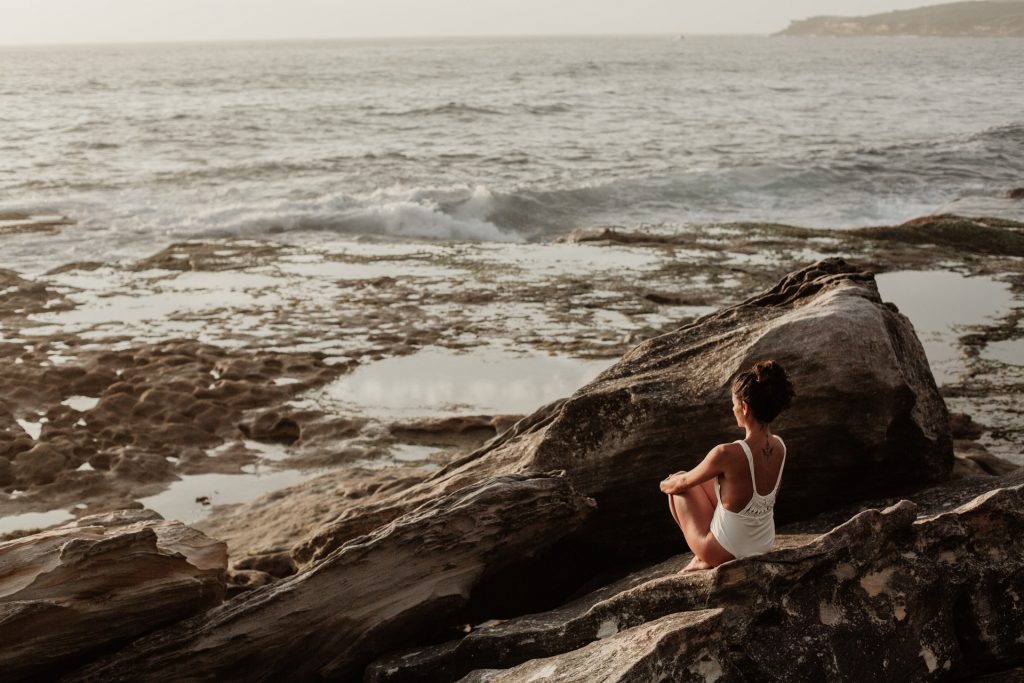
In many jobs these days, especially in Film & Television, hours can run long and stress can run high. Something that’s good to remember is, shallow rapid breathing can cause or exacerbate anxiety and feelings of panic. Adversely, slower more rhythmic breathing, like people do when they practice yoga or meditation, can promote feelings of relaxation. If yoga or meditation isn’t “your thing”, or you just don’t have time for it in your daily routine, consider this simple breathing technique proven to aid in relaxation that will take you mere minutes a day.
The 4-7-8 breathing technique popularized by Dr. Andrew Weil, the founder and director of the University of Arizona Center for Integrative Medicine, has been credited with anxiety reduction, aiding in restful sleep and reducing responses that arise from anger.
- Find a comfortable seat, or lie down if you believe you will feel lightheaded. Begin by lightly pressing the tip of your tongue to the center of the roof of your mouth creating space in the oral cavity and reducing the tendency to clench.
- Once you’re in a comfortable position, breathe out fully emptying your lungs.
- Then, breathe in for a total of 4 seconds.
- Hold your breath for a total of 7 seconds.
- And finally, exhale forcefully through the mouth with pursed lips for a total of 8 seconds. This should make an audible noise, something like rushing wind.
Again, breathe in for 4, hold for 7, and breathe out through pursed lips for 8. This cycle may be repeated up to 4 rounds at a time for a total of two separate times per day. The benefits of this method are known to increase over a few weeks of consistent practice.
The ratio of breath is what’s important, those who cannot hold their breath for that long may shorten the duration and still reap the benefits. Perhaps breathing in for 2, holding for 3, and breathing out through pursed lips for 4 would be a more comfortable place for some to start.
Have you tried the 4-7-8 breath? What techniques do you use to reduce stress?
Disclaimer: This information is not intended to diagnose, treat, cure or prevent any disease. Speak with your doctor before beginning any new health regimen.
